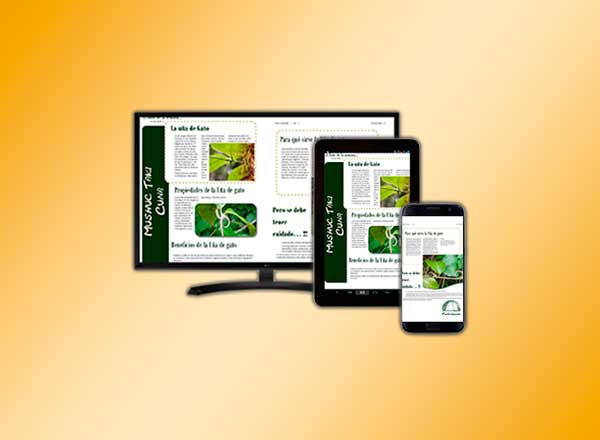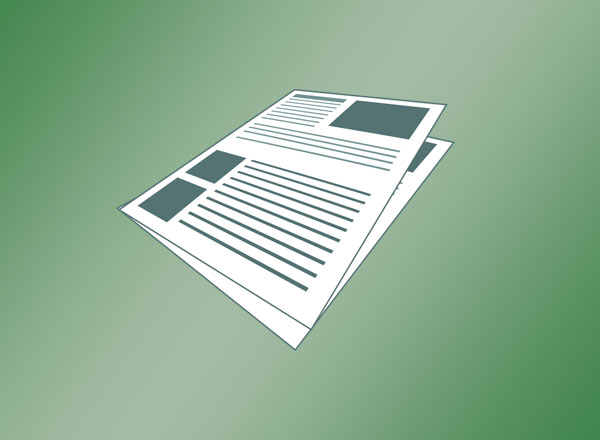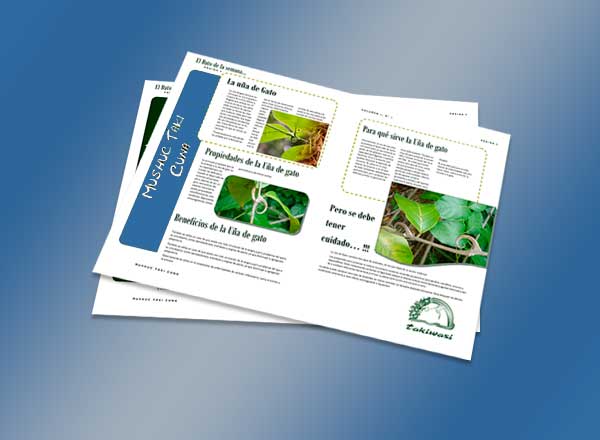Online Library
The Takiwasi Center has a library specialized in traditional medicines, which holds a fund of more than 6,000 books, 2,000 articles and 300 audio-visual elements mainly related to the fields of ethnomedicine, indigenous spirituality, psychology, anthropology, drug addictions and botany. It is a unique resource for national and international researchers who have free access to it. Takiwasi's resident patients also benefit from its contents.
Takiwasi also has a collection of digital documents which includes a wide variety of books and articles related to medicinal plants, spirituality and psychology, among other topics. These contents, accessible through our website, are organized according to three classification groups: Articles produced by Takiwasi, Documents of general interest and Theses and research works carried out by national and international students and researchers.
The Center also develops its own editorial line that has several magazines, documentaries and books that are available for sale in our Store, whether in physical or digital format.
Featured Article
Purging to cleanse: a qualitative study of Ayahuasca healing at a drug treatment centre in Peru
Authors: Svĕt Lustig Vijay, Magdalena Harris, Fabio Friso, Matteo Politi.
Published in Journal of Studies on Alcohol and Drugs, June 2024.
Abstract
Ayahuasca, an entheogen from the Amazon rainforest, has garnered growing interest to treat substance dependence. To date, there is little research concerning the act of Ayahuasca-related purging (mainly vomiting), which is considered to be central to healing during Ayahuasca rituals. This study explored practitioner perspectives on purging during Ayahuasca rituals at the Takiwasi Centre in Peru. We conducted in-depth interviews with curanderos (healers), plant preparers, and psychotherapists (N=11) at the Takiwasi Centre between August-October 2021. Interviews were conducted and transcribed in Spanish. Interviews were analyzed using a thematic analysis approach. Participants described purging as a fluid concept that went beyond the act of vomiting. Participant narratives around purging were organized into three central themes or “accounts”: Spiritual-oriented, which highlighted the relationship between purging and spiritual development; Amazonian-oriented, which placed emphasis on purging as a cathartic expulsion of embodied cargas (loads) that are perceived to lead to sickness; and Clinical-oriented, which stressed that purging generates a range of empirically-observable therapeutic benefits. All of these explanatory models emphasized the pivotal interconnection between purging and healing during Ayahuasca-assisted treatment for substance dependence at Takiwasi. This study highlights practitioner perspectives on purging at the Takiwasi Centre, who offer three main explanatory models for this aspect of healing during Ayahuasca-assisted therapy for substance dependence. This research contributes to the limited literature on the role of purging in Ayahuasca-related healing, which may inform further investigation into differential understandings of the role of purging for therapeutic benefits.
Links of Interest
Further documents of interest can be found on the following websites:
- CISEI, Inter-American Council on Indigenous Spirituality - Chapter Argentina.
- Virtual Health Library, of the Traditional, Complementary and Alternative Medicine Network.
- Natura & Psique, non-profit cultural association whose activities are directed to the recovery of the deep soul through animistic participation to Nature.
- Asociación GASS , to recover, with freedom, all that has been useful and important for the health care and the environment through science, art and human spirituality.
- NEIP , Interdisciplinary Group for Psychoactive Studies, to promote joint reflection on the topic.
- Amerindia, Catholic network of religious persons with an ecumenical spirit and open to dialogue and interreligious cooperation with other institutions.
- Prodiversitas Colombia , NGO committed to the defense and ecological interconnection of biological, social and cultural diversity.
- Revista Cultura y Droga, presents scientific articles and information on research and experiences concerning the cultural applications of entheogens and other psychoactive substances.
- El Orejiverde, newspaper of the indigenous peoples, Argentina.
- Periódico Pukara, culture, society and politics of the original peoples, Bolivia.
- Revista Peripheria, projects of art and culture for sustainability, Peru.
- Visión Chamánica, magazine on health and shamanism, Colombia.
- Amazônia Real, pethical and investigative journalism, dedicated to the issues of the Amazon.
- IBC Documentation Center, source of specialized information on the environment, the Amazon and indigenous peoples.
- Digital library Caribbean, Amazonia, plateau of Guyanas.
Contact Form
×A confirmation e-mail has been sent to your account.


